Written by Guest Contributor on The Prepper Journal.
We have all heard the “mantra” – “Solar power is the future” …“Solar power is the renewable energy source of tomorrow”….“Solar power will save you huge amounts of money on your electric bill.”
These are all familiar phrases and true for the most part, and as preppers we know that solar is a great help on many devices that can actually operate “off the grid”. And there are more devices coming out everyday that have solar as an option, along with old-fashioned hand cranks and, of course, rechargeable batteries that can be recharged through the included solar cells and, as a last resort, regular batteries as a limited-life back-up.
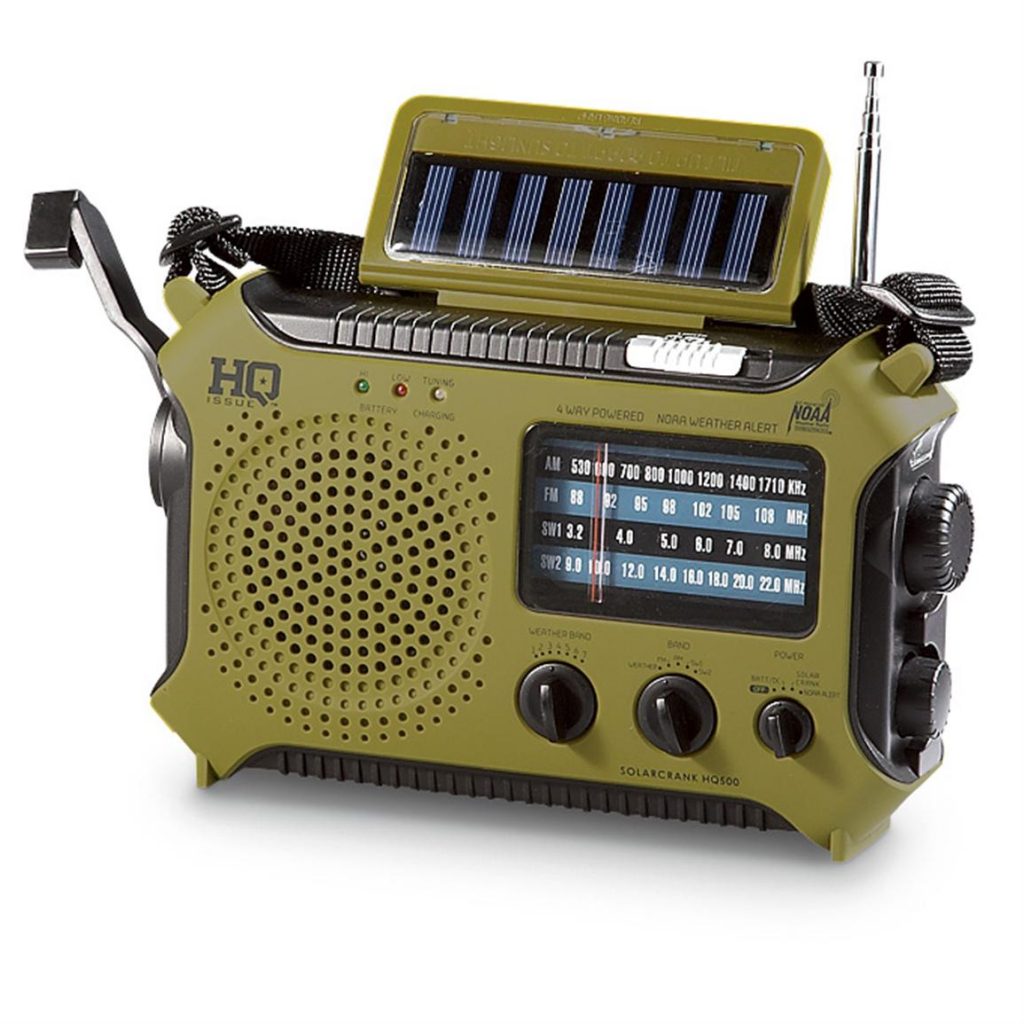
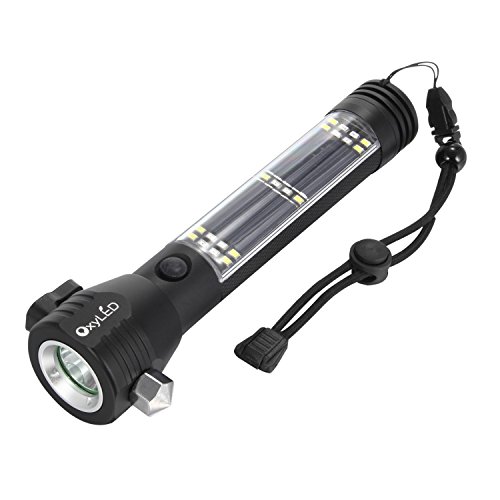
What you need to do when considering solar on a larger scale is to look at it as you would any investment. Like any investment, there are key factors which determine whether or not it is wise for a homeowner.
Can solar power save you big money? Absolutely, it can. Is renewable energy the wave of the future? I hope so. But is solar power right for you and your current situation? That can be determined through four key factors.
What Local Incentives are Available to You?
While solar energy companies report that it is being supported at the different levels of government “because of its environmental benefits”, the reality is that the support reduces their infrastructure investments to provide for their growing population, thus saving them money. While the results are the same, we here at The Prepper Journal like to keep the story straight. That said there are certainly those who are convinced it is only for the good of the planet. A win-win if it makes sense for the individual.
Many states offer incentives to homeowners willing to make the investment. Some states offer huge tax credits which partially offset the cost, while others allow you to sell excess power back the utility companies.
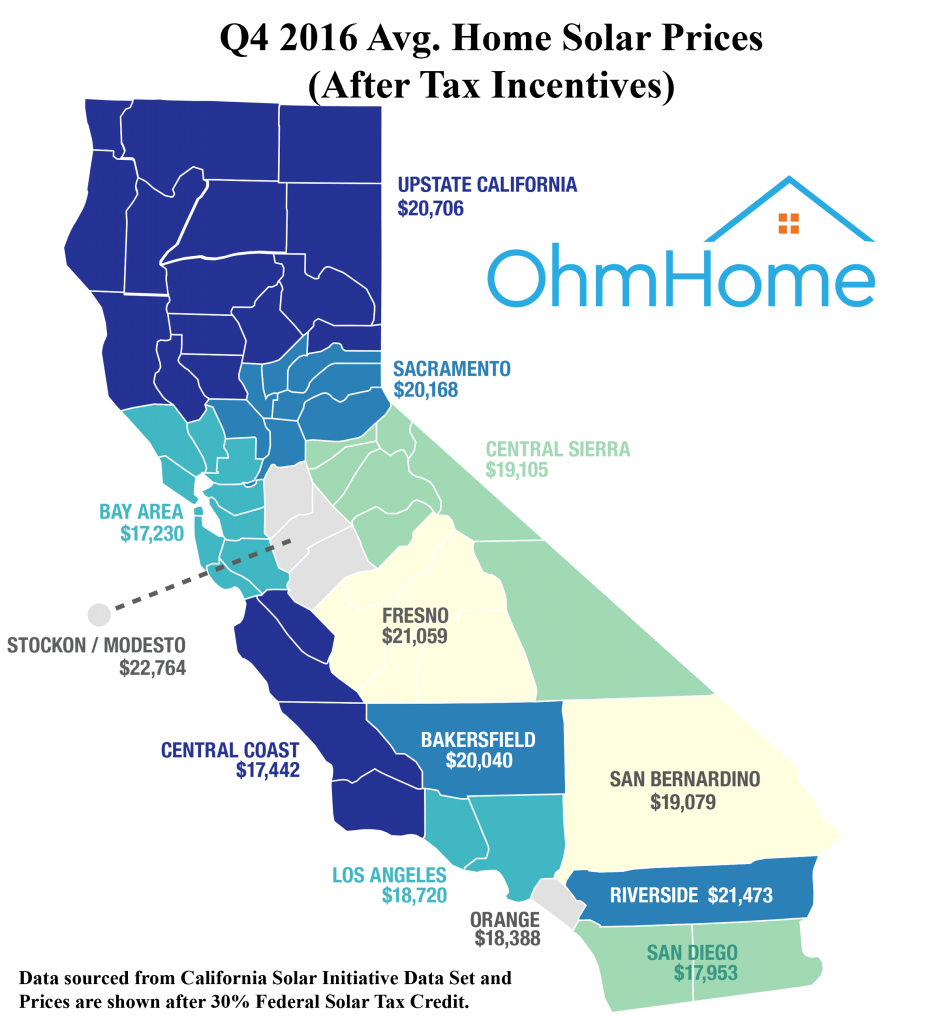
Before you decide whether solar power is right for you, it’s important to look at what your home state is offering as it varies from state and there are even some local government and utility company incentives as well. California, for example, which sees an abundance of sunshine, claims to have excellent incentives on the one hand, while their state legislature mandates changes, taxes and penalties to drive the use of solar power to be as regulated and controlled as everything else in its boundaries. Moderation only works in moderation.
Arizona, another place with endless sunshine allows homeowners to lease solar systems and, when the home is sold, gives the new owner the right to take over the lease at the current monthly payment, with a lot of prerequisites. Run from these deals. Leasing solar panels is more a business for investors to get a greater return on their investment dollars than spreading solar as an energy alternative. While it can support the latter claim, the rules for breaking a lease are mostly draconian and leaves you with additional costs when you sell, buy the home or replace the underlying roof. Don’t take any shortcuts in your due diligence here. Florida homeowners receive a variety of special considerations when switching to solar, according to Residential Solar 101, Florida residents see:
- Net Metering – A process in which a homeowner can sell unused power back to the grid in the form of credits, which they can call upon when needed in lieu of purchasing more power from the utility companies
- PACE Financing – This rolls the cost of a solar system installation into the home owner’s property taxes, allowing them to pay by installment over a period of 20 years.
When determining whether or not solar is a positive investment for you, make sure you check what your home state has to offer, as well as any local governments and the power company servicing the area.
What are the Properties of Your Roof?
The make up of your home’s roof plays a key role in your ability to successfully install solar panels. The roof is the most ideal location for a solar system, but not all roofs are created equal. And there are alternatives to using the roof as you have seen before. No matter as the considerations should be used in any buy decision.
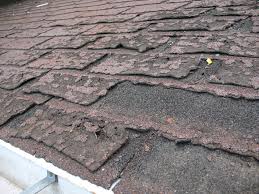
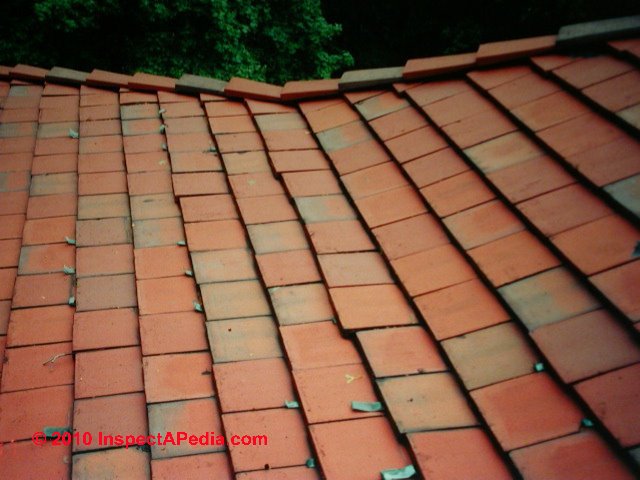
When you’re considering an investment in solar, there are a few roof related questions that you need to ask yourself.
- How old is the roof? – Make sure that the roof is in good condition. According to Solar-To-The-People the roof does not have to be brand new, but you should be comfortable with its durability. If you’re looking to replace your roof within the next five years, then solar will have to wait
- What is the roof’s orientation? – In a perfect scenario in the USA, the roof would be south-facing, though western and eastern exposure are also fine. Again Solar-To-The-People also recommends a 30-degree angle for prime ability to capture the sun’s rays, but anything from zero to 45 degrees is acceptable.
Is Your Property Shaded?
While a nice shady spot might be lovely on a hot summer’s day, shade is the truest enemy of solar power. According to SolarChoice.net, even a small patch of shade can throw off the efficiency of the entire system.
When shade is cast on even one panel, the system’s output is drastically thrown off. Power cannot flow into a panel that is being blocked by the shadow. A little shade is not a huge problem. Typically, installers can work around tiny patches of darkness. But when a majority of your roof is cast in the dark, your ability to maintain efficient levels of solar power diminishes.
When the home is using more power than the system can handle, electricity is pulled from the power grid. Most solar systems have to pull from the grid, at least a little bit. But when shadows block out a fair percentage of your system for a large chunk of the day, the savings ordinarily enjoyed by solar users dry up.
What Are Your Electric Rates?
It’s important to determine what you’re paying in energy costs to figure out how much you stand to save with solar. The national average cost of electricity is $0.12 per kilowatt hour (kW/h), according to NPR.
While that might be the average, the actual cost varies from state to state. Hawaii sees the nation’s largest cost at $0.33 per kW/h, while on the other side of the coin, Idaho is the cheapest state to power, charging only $0.08 per kW/h.
Now, if an average 250-Watt solar panel produces 30 kW/h per month, and you have 25 panels on your home, let’s see what those savings would look like. We’re going to assume these homes use the national average kW/h consumption of 897 kW/h.
| State | Cost Per kW/h | Total kW/h | Cost Pre-Solar | Cost w/ Solar | Savings |
| Hawaii | $0.33 | 897 | $296.01 | $48.51 | $247.50 |
| Idaho | $0.08 | 897 | $71.76 | $11.76 | $59.97 |
As you can see, the Hawaiian home stands to save exponentially more, thus paying off the initial investment of their solar system installation much faster than the home in Idaho, with the same set-up. PowerScout has a much more thorough write up on Solar Panel Costs (if you’re interested in diving into it more.)
In 2018, most American homeowners are paying between $2.87 and $3.85 per watt to install solar, and the average gross cost of solar panels before tax credits is $16,800. Using the U.S. average for system size at 5 kW (5000 watts), solar panel cost will range from $10,045 to $13,475 (after tax credits). Using the graft above the savings in Hawaii will pay for the panels in 3-5 years, while the savings in Idaho will pay for the panels in 13 to 19 years.
Do Your Research
In conclusion, while solar can have fantastic benefits, both financially and environmentally, it takes a good deal of research to determine whether or not this is a wise move for you. Once you have all the information sitting in front of you, it will become clear whether or not now is the right time to invest in solar.
Follow The Prepper Journal on Facebook!
The post When Is Solar a Good Investment? appeared first on The Prepper Journal.
from The Prepper Journal
Don't forget to visit the store and pick up some gear at The COR Outfitters. How prepared are you for emergencies?
#SurvivalFirestarter #SurvivalBugOutBackpack #PrepperSurvivalPack #SHTFGear #SHTFBag

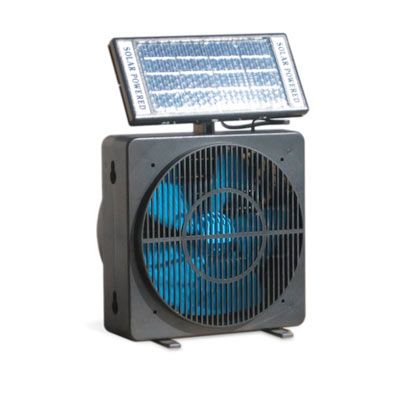
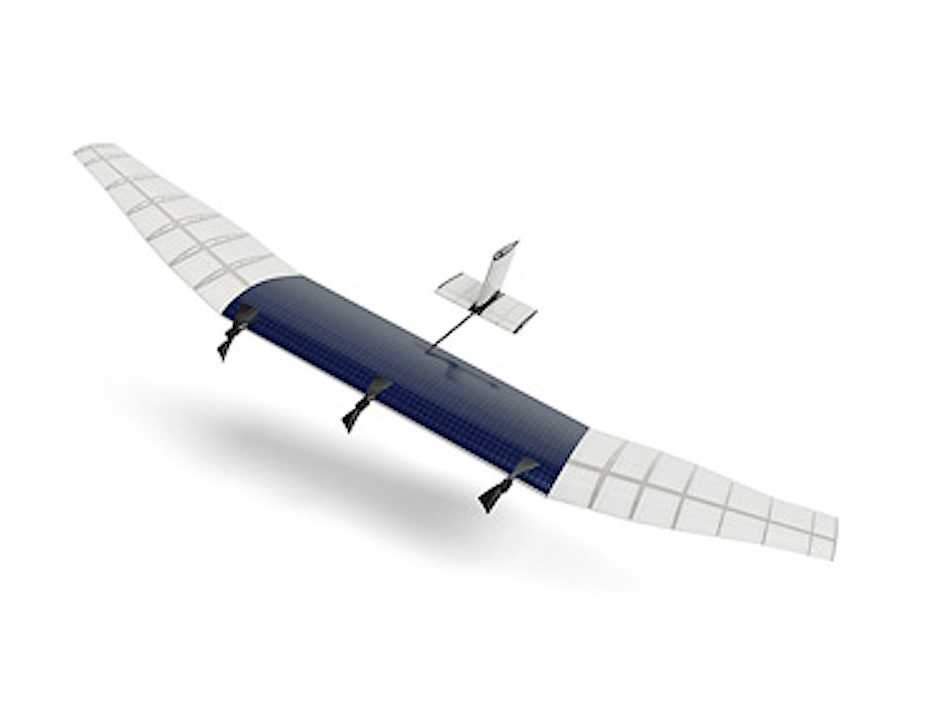
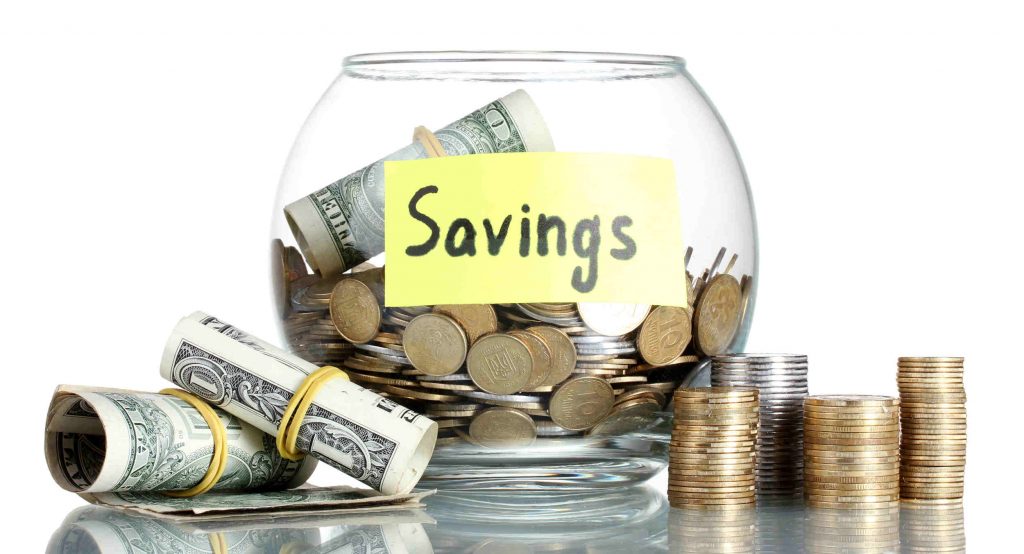
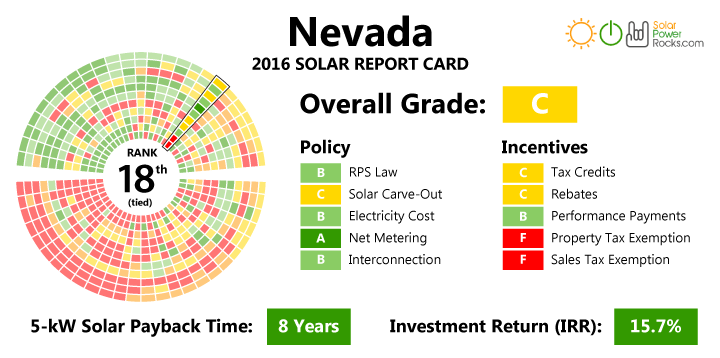

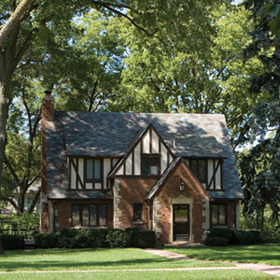
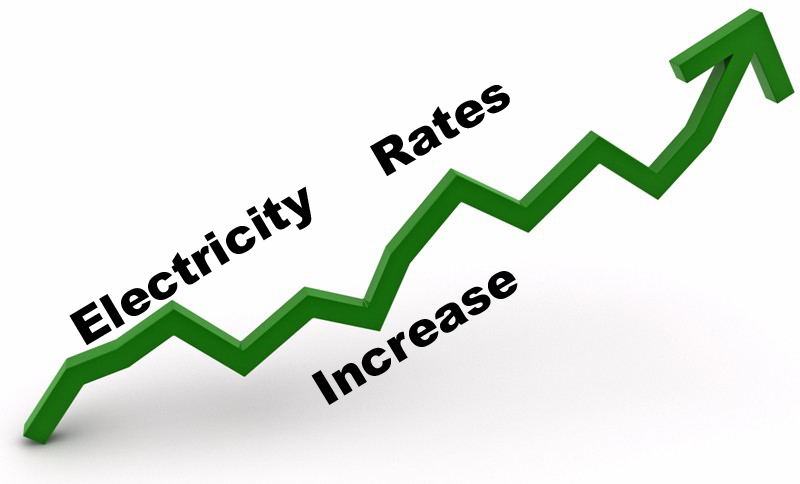
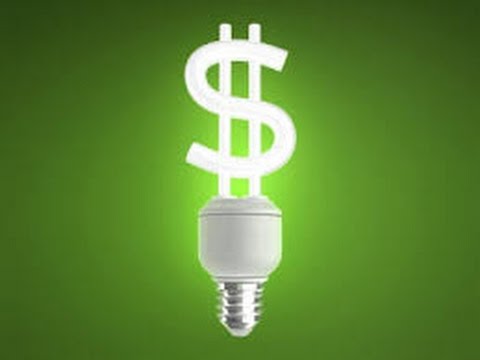
No comments:
Post a Comment